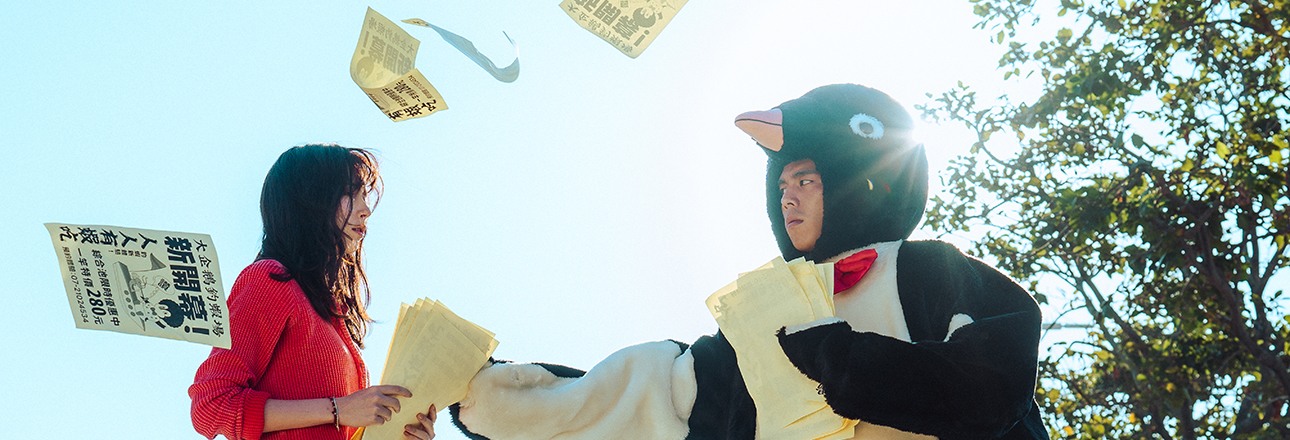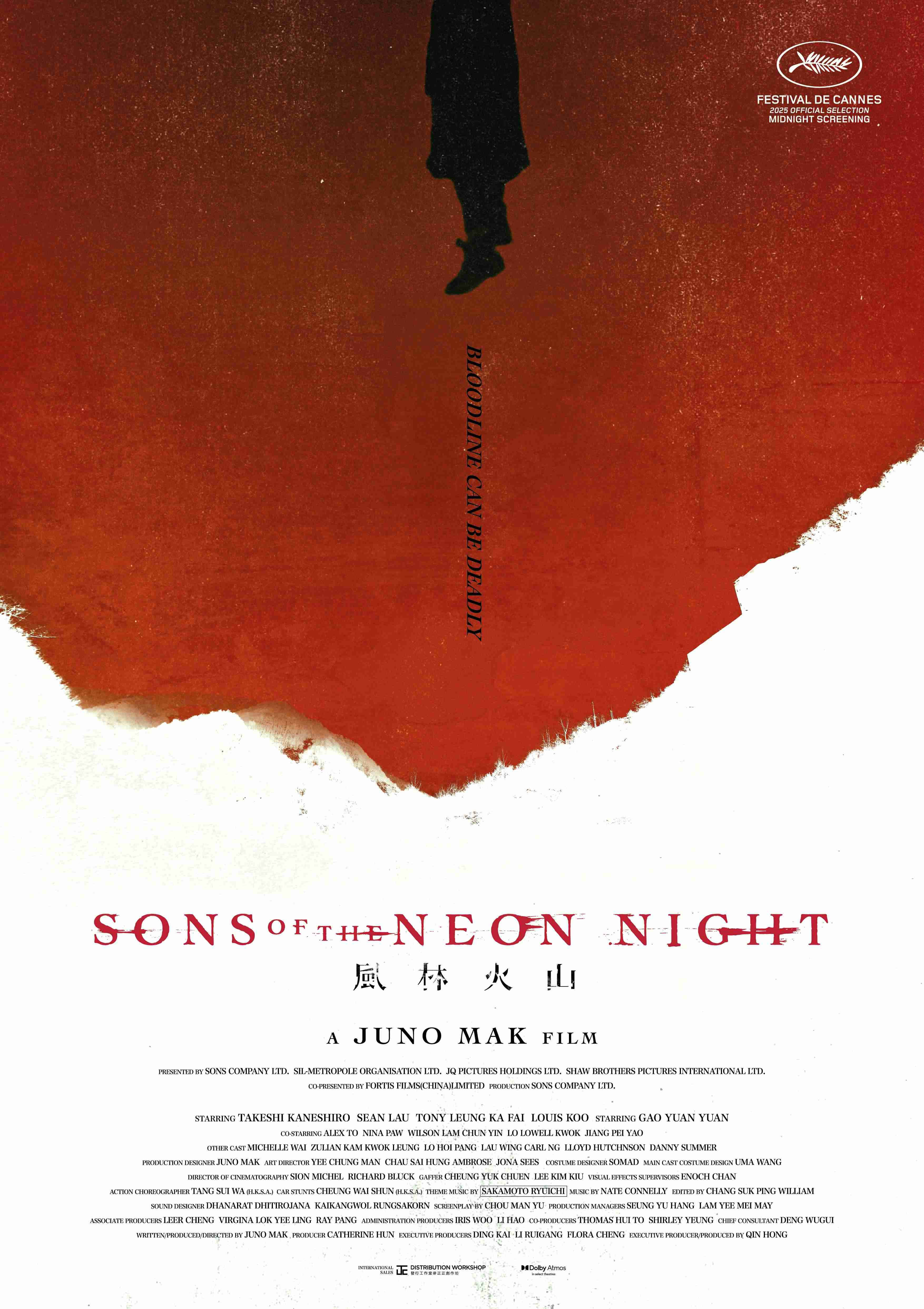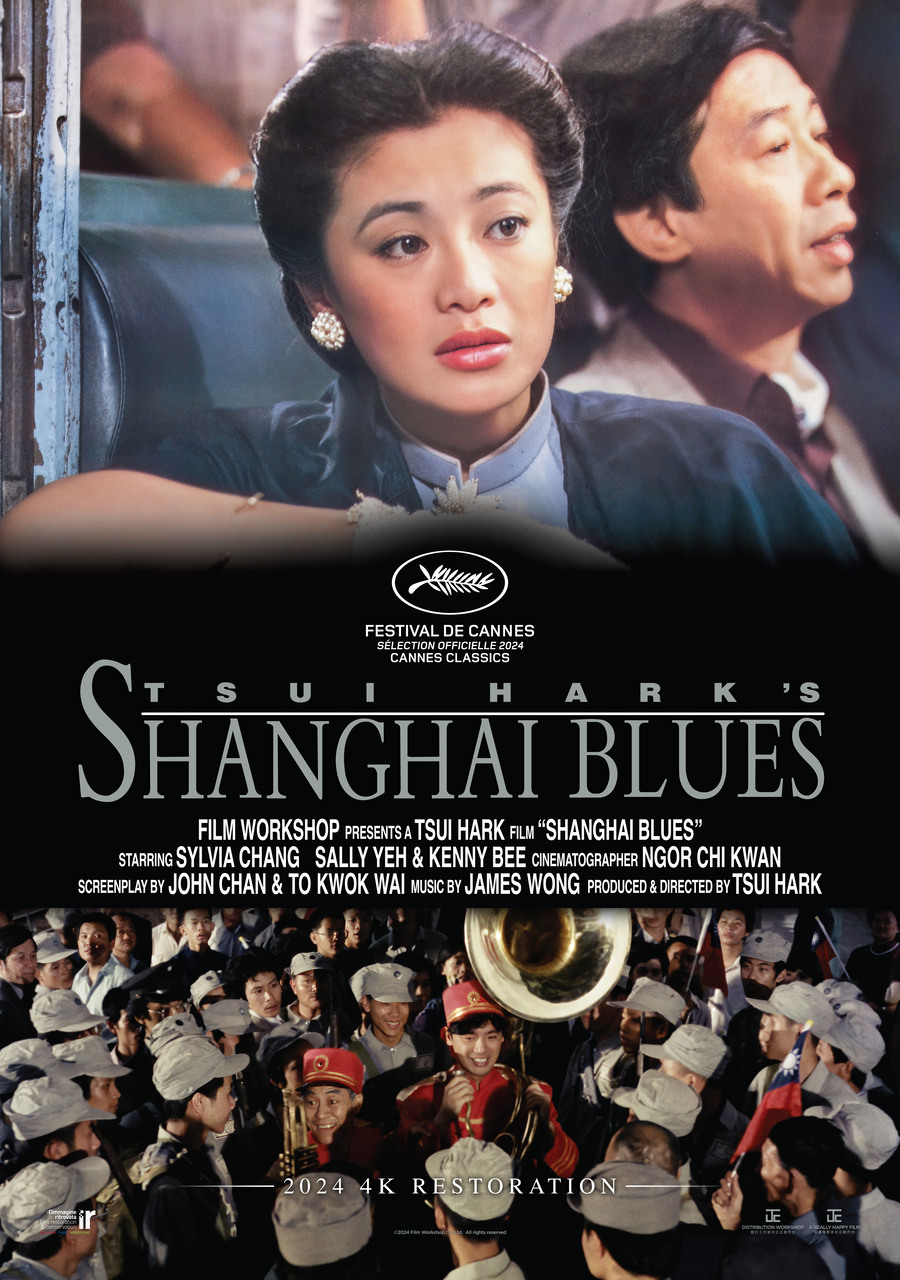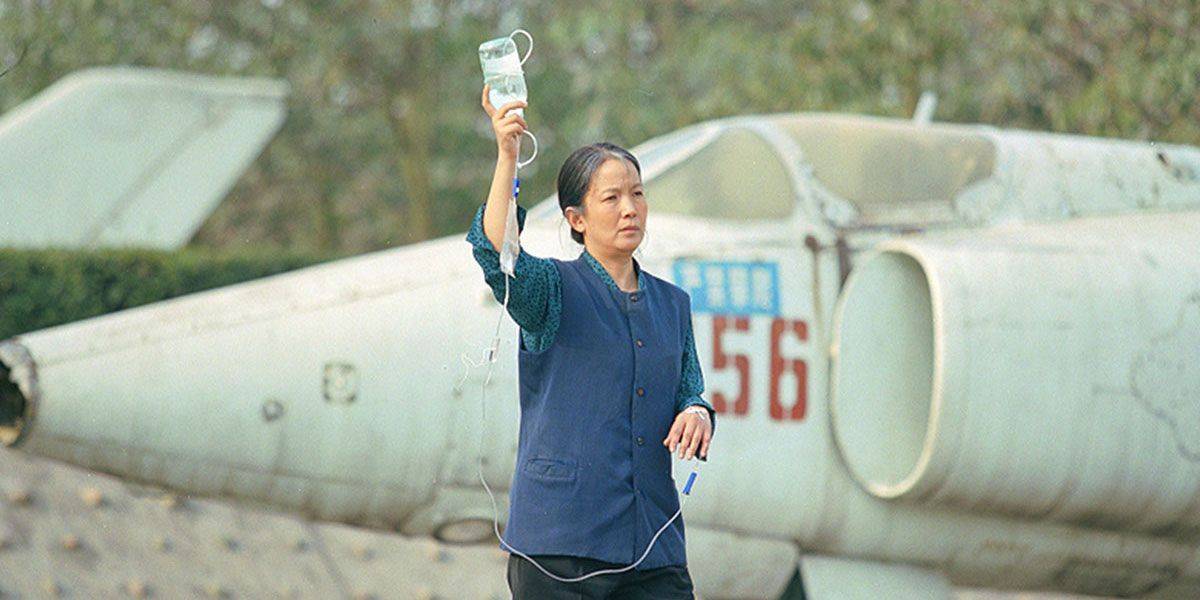
24 City Review 'A sad, deeply felt film about the radical changes taking place in China.'
- Posted on
- 2011-04-29
- Source
- The Guardian by Peter Bradshaw
The latest movie from director Jia Zhang-ke is about the generations of people who worked in a state factory, which is just about to be demolished; it is a docu-fiction hybrid, an essay in contemporary history and an experiment in cine-portraiture, vividly shot on high-definition video. The result is a deeply serious and sombre film, trying to find a way of telling the stories of people affected by the gigantic political and economic changes sweeping that country whose concerns must in the end affect us all: 21st-century China.
It is also one of the saddest films I have seen for many years, and that never-entirely-articulated sense of sadness and loss washes around the screen like a bout of oppressive weather, yet without any lightning point of discharge, without any moment where the tears of desolation or anger or acceptance can really, fully flow. When I first saw 24 City at the Cannes film festival two years ago, I had reservations about Jia's controversial use of actors playing fictional roles, inserted silently amidst real people: this technique arguably evaded the responsibilities of both fact and fiction. But viewed again for its UK release, the film's formal daring is what is impressive; its fictional diversions are a bold dive into interior lives. 24 City is an austere kind of realist poetry on screen.
At first glance, it looks like an unadorned sort of oral-history project, so plain and unmannered, so without any obvious critical slant, it oddly has the feel of a corporate video. It also has a mannerism I associate with British television documentary-making from the 1990s: introducing its interviewees by making them hold a pose, looking straight into the camera as if for a still photo and keeping the pose just long enough to make both subject and viewer feel a little uneasy.
The factory is in Chengdu, in Sichuan province in south-west China, employing more than 400 people, and for decades after the war, this was a top-secret military centre for manufacturing weapons. But with the decline and fall of the cold war, the factory went gradually over to civilian products, and is now in the process of being razed to the ground and replaced with a glitzy new development for upscale apartments and hotels, called "24 City". The name, incidentally, does not imply a New York-style 24/7 city that never sleeps – it is derived from an ancient poem about Chengdu: "the cherished hibiscus of 24 city, in full bloom", though the significance of the number remains a mystery, at least to me. The factory is here an obvious symbol for China's transformation from communist behemoth to capitalist powerhouse, albeit a powerhouse driven by the same old authoritarian government. But what of the people who devoted their lives to this factory, and by that token to the Chinese state, people who were often treated high-handedly and whose work often separated them brutally from their families?
The workers' story is heartrending because of their emotional reticence, and the passionate pride they took in their work and their contribution to the nation. It is clouded by desolation that it's all gone and they are on the scrapheap, and a sense that there has not been sufficient gratitude for this work, and that the state that should be expressing it, and for which they sacrificed their lives and happiness, has disappeared and been replaced by a capitalist agency devoted to a new economy, but every bit as coldly impervious to complaint as the old Maoist regime.
Jia interviews real factory workers, but intersperses these interviews with fictional characters, played by actors, and he has certainly used a great deal of dramatic licence. At the film's first appearance in Cannes in 2008, many critics thought that by failing to signpost the difference between reality and fiction (albeit fiction based closely on reality), it was underhand, even phoney. But the criticism isn't fair: as at one important stage, it is signposted. His most sensational "fictional" interview is with a beautiful, lonely factory worker, who is nicknamed Little Flower on the shopfloor, because of her resemblance to the eponymous heroine of a popular 1980 film. The heroine of that genuine film was played by Joan Chen and this character is played by ... Joan Chen. Using such an obviously famous star in my view exonerates Jia from the charge of dishonesty. It's an extraordinarily audacious, even outrageous casting gesture, a day-glo post-modern joke amidst the dour factory dust: an alienation effect which is also its opposite, an identification effect, a way of dramatising how downtrodden factory workers dreamed of glamorous escape, of lives other than the ones they had.
The image of the empty factory building itself is rather awe-inspiring: a cathedral of obsolescence and mortality. It looks the way I imagine the Turbine Hall of London's Bankside power station must have looked, just before it was turned into the centrepiece of Tate Modern. But of course the Chengdu factory is not going to be preserved or repurposed, but unsentimentally crushed into rubble in the service of China's unstoppable onward march to prosperity. Jia offers neither criticism nor celebration: he simply chronicles and pays 0gentle tribute to the unnoticed and unappreciated people who devoted their lives to the old factory, and to China's pre-capitalist state, just as they disappear into oblivion.
-
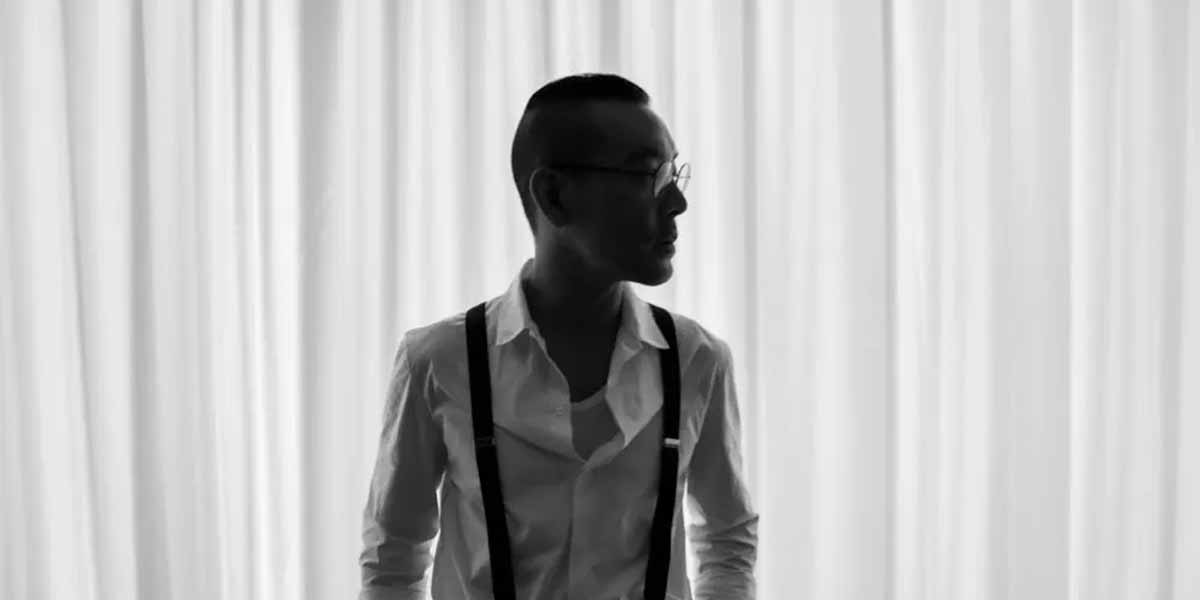
Juno Mak on His Star-Driven Cannes Midnight Screenings Drama ’Sons of the Neon Night’: ‘My Aim Was to Create a Unique World With Its Own Rules’
2025-05-14
-
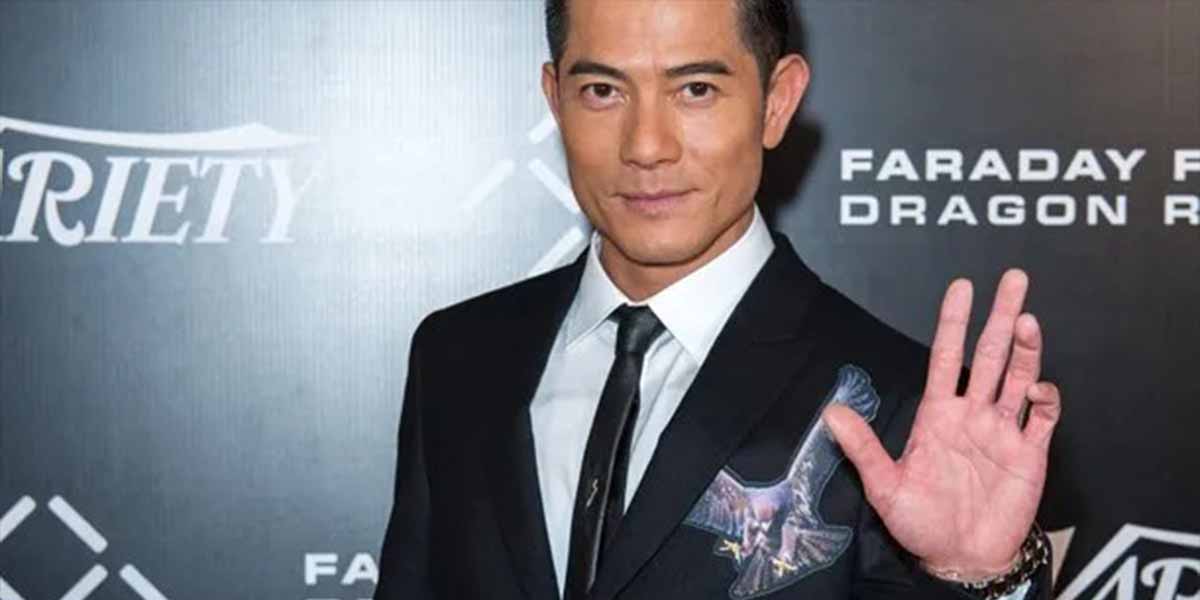
Aaron Kwok Drama ‘IOU’ Unveiled by Distribution Workshop at Hong Kong FilMart
2025-03-17
-

Distribution Workshop Picks Up Financial Scam Drama ‘IOU’ Starring Aaron Kwok
2025-03-17
-
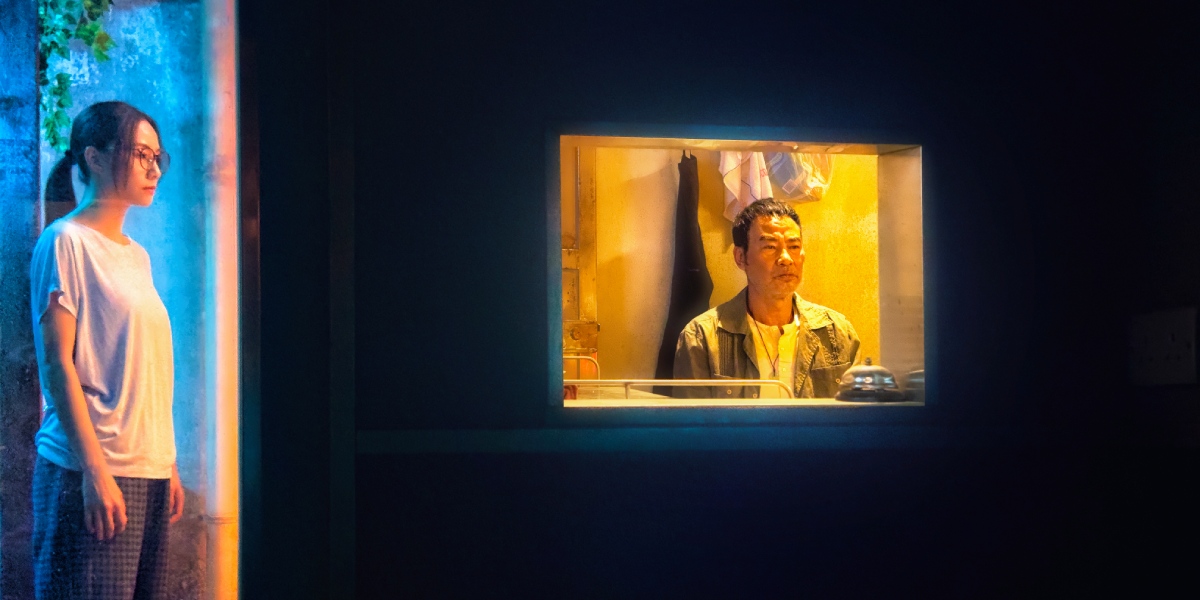
Film Review: Little Red Sweet (2024) by Vincent Chow
2024-11-08
-
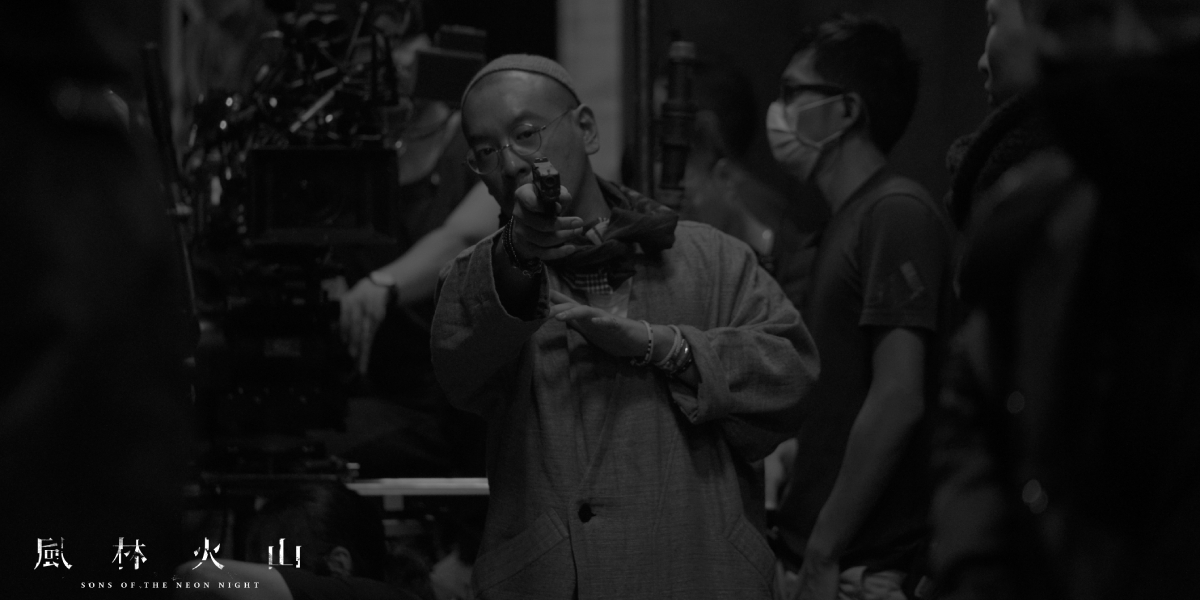
Juno Mak on Taking Ten Years to Direct Hong Kong’s Most Expensive Movie, ‘Sons of the Neon Night’: ‘I’ve Built a World Where it’s Freezing’ (EXCLUSIVE)
2024-10-04
-
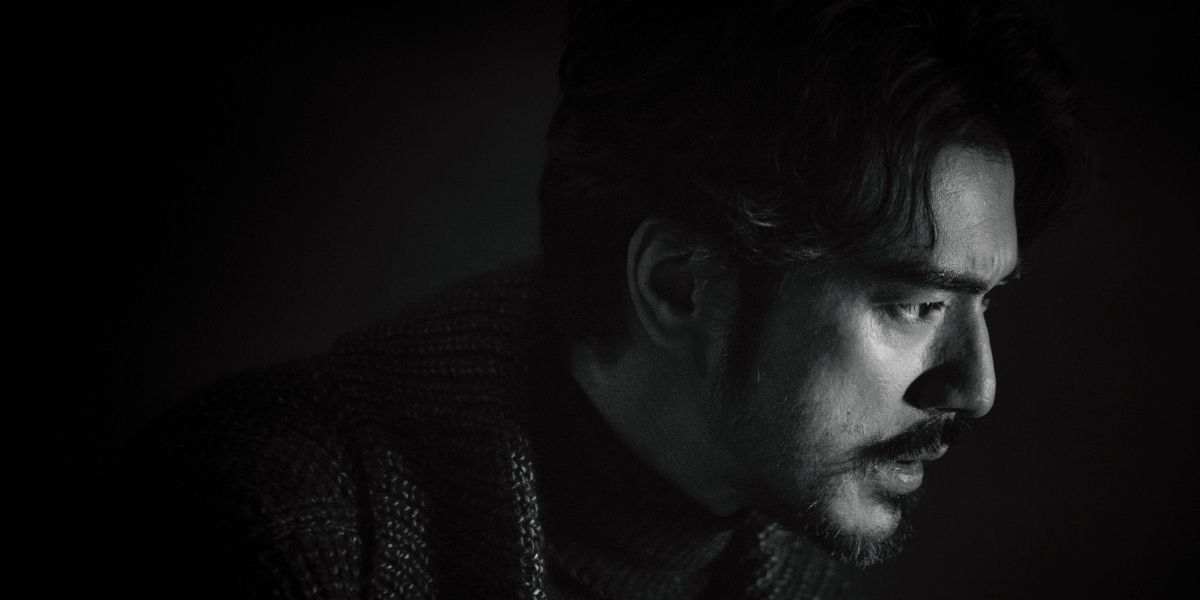
Distribution Workshop To Launch Sales On Juno Mak’s ‘Sons Of The Neon Night’ At ACFM
2024-09-30


